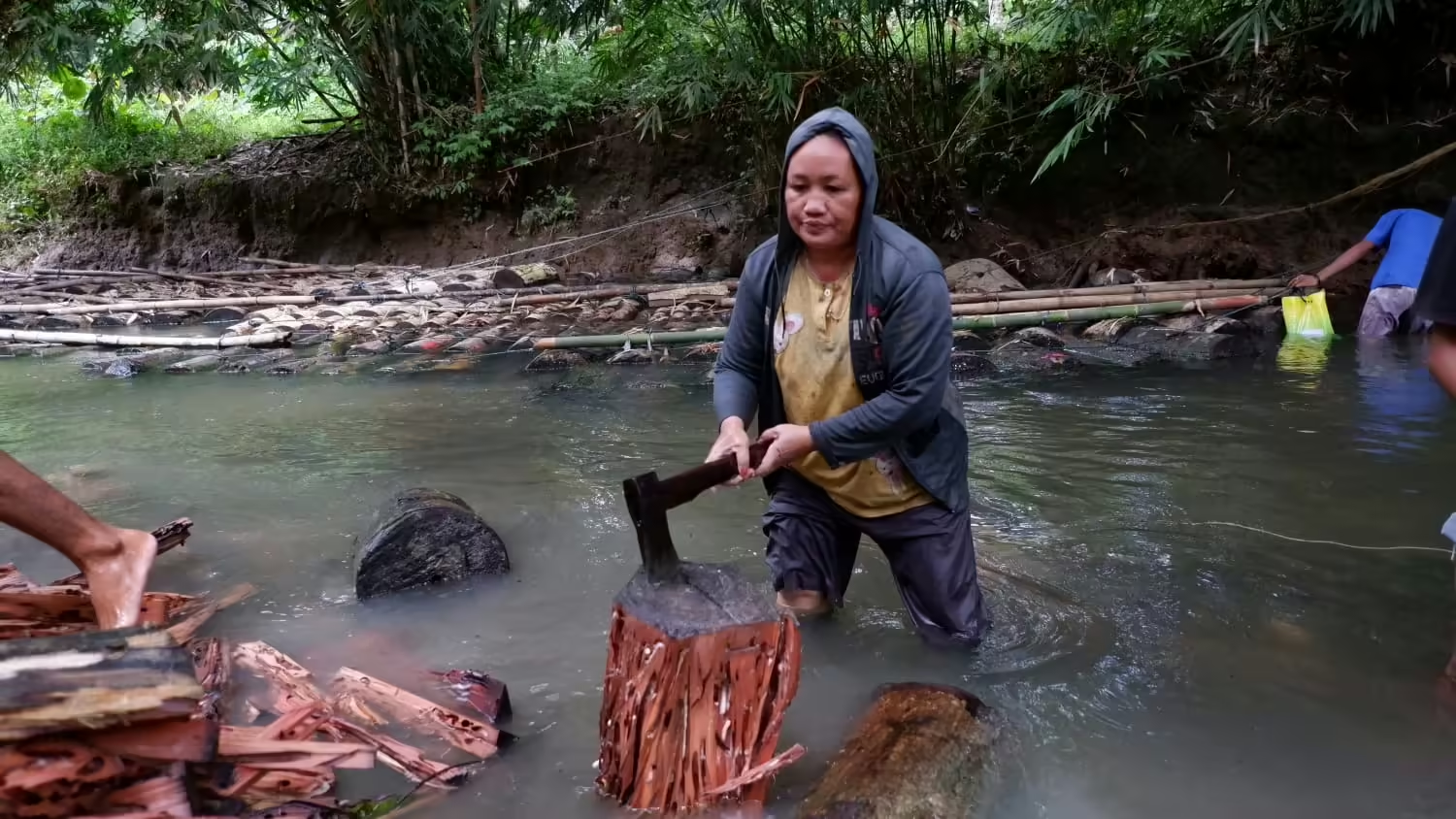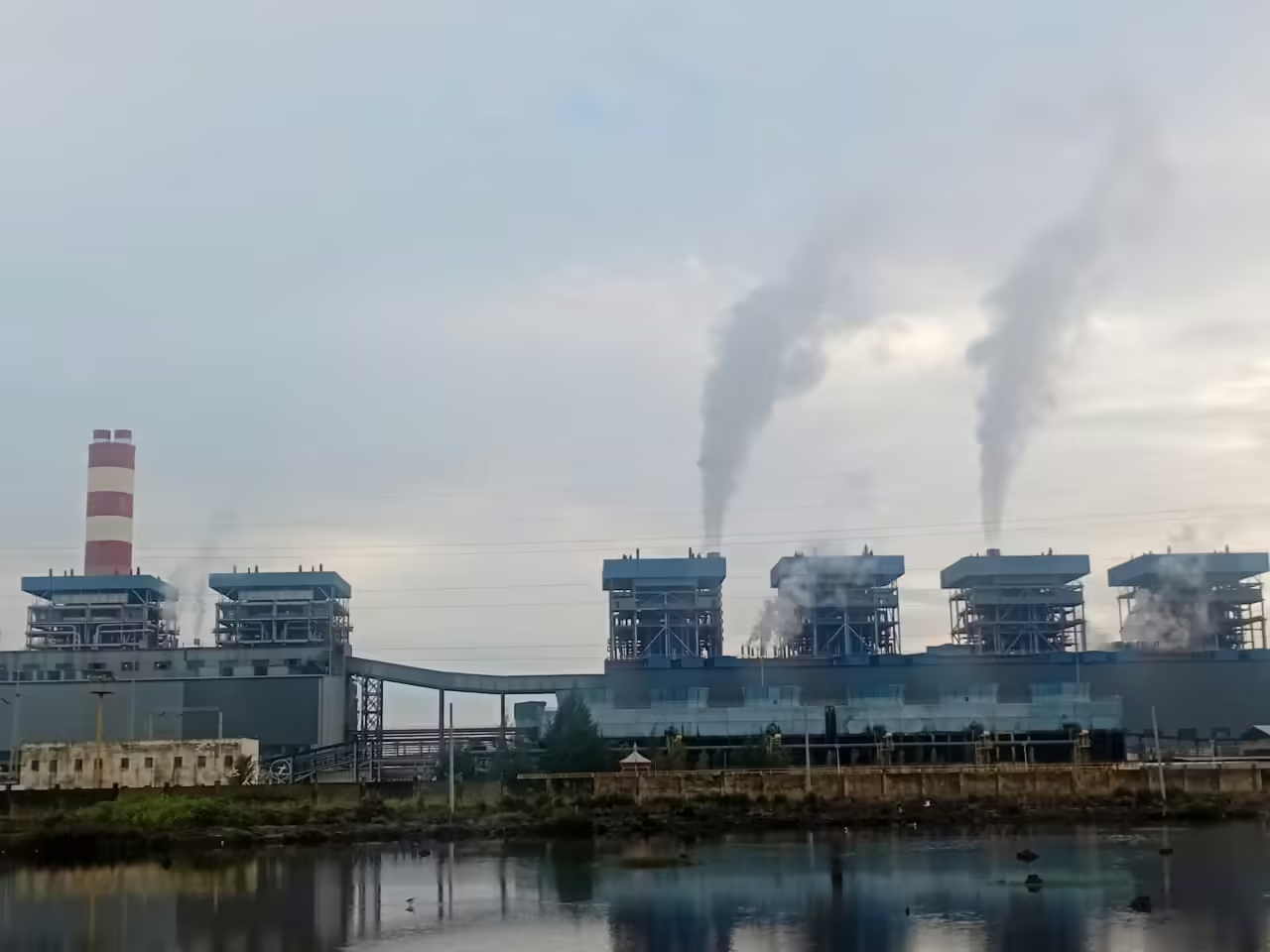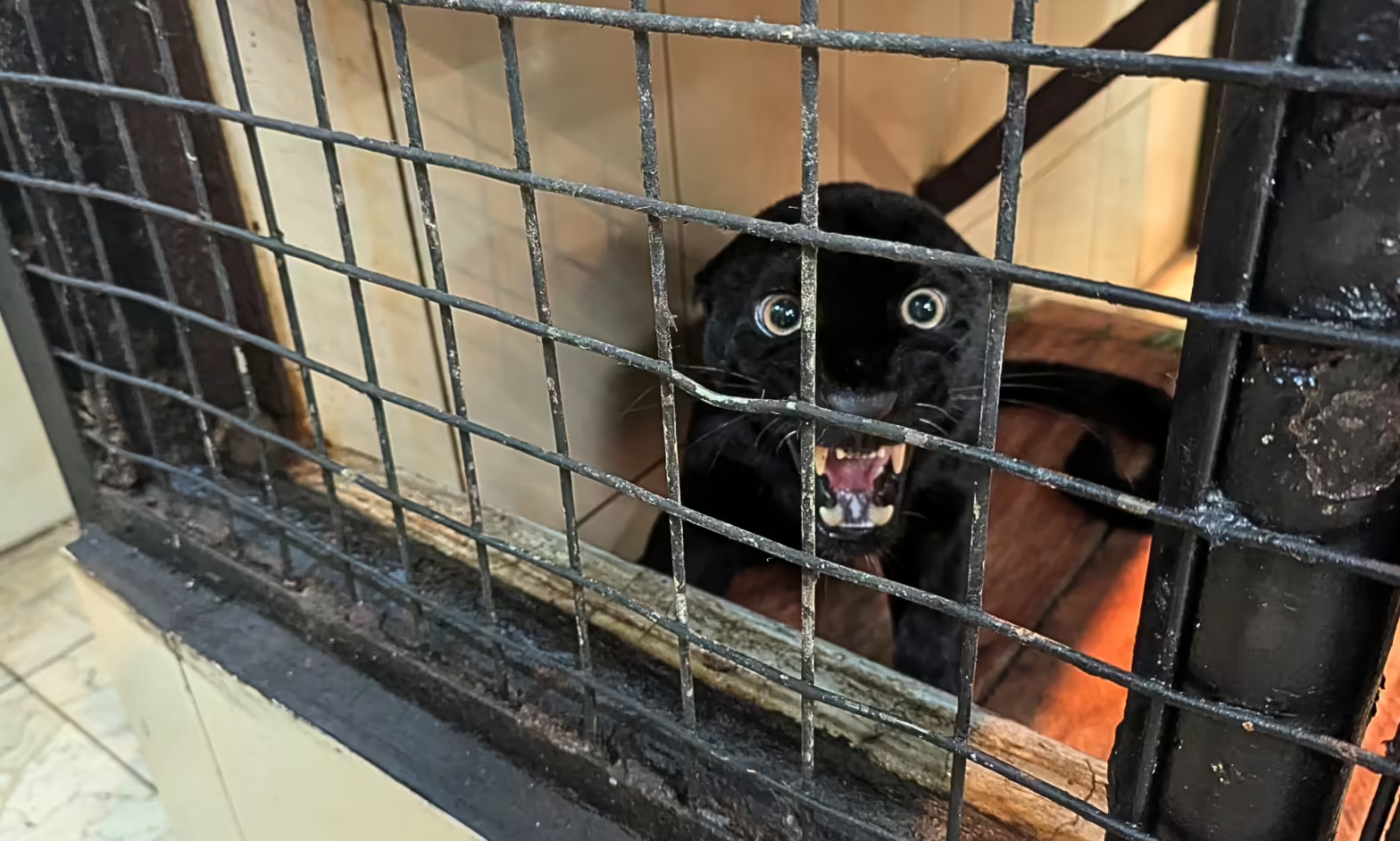The largest Muslim group is calling for concrete action from the government to move away from fossil fuel , while a movement initiated by 35 NGOs and CSOs in the country aims to mobilise young voters to use their voice to push for transition.
The movement welcomes recommendations recently put forth by the 2019 Nahdlatul Ulama (NU) and National Ulema Meeting, among others, on the urgency for Indonesia to transition from dirty fuel to new and renewable energy (NRE).
The recommendation should be viewed as a stern message to the contenders in the 2019 presidential elections and serve as a call for them to strengthen their commitment to the transition of energy.
The recommendation from the country’s largest Muslim organisation is deemed by environmental groups Greenpeace and the Indonesian Forum for Environment (WALHI), as affirmation that fossil fuels, especially coal, is no longer relevant from an environmental, economic or social perspective.
“This is an important message from the largest Muslim community in Indonesia, that pushes the government to immediately act on a fair and just transition to renewable energy. This call should also be seriously considered by the two presidential candidates who will lead this country in the next five years,” says Roy Murtadho, one of the spokespersons of #BersihkanIndonesia, who is also an educator at the Misykat al-Anwar Ecology Islamic School.
NU is pushing the government to take more serious action in developing and mainstreaming NRE as Indonesia currently produces 8% of the NRE mix from the total energy produced nationally. In its National Energy Policy, the Joko ‘Jokowi’ Widodo administration targets 23% of renewable energy mix by 2025.
Pollution and corruption
#BersihkanIndonesia (Clean Indonesia) is a nonpartisan civilian movement supported by 35 organisations including WWF Indonesia, Rumah Energy, Sajogyo Institute, WALHI, and Greenpeace. Declared in September 2018, the movement aims to persuade the public, specifically young voters, to push for a transition towards RE.
“We aim to set up a strong narrative and create public discourse on the negative impact of coal on our health, economy, environment, and livelihood. An active voice from the voters can influence the candidates,” explains Hindun Mulaika, Greenpeace Climate and Energy Campaigner and one of the initiators of #BersihkanIndonesia.
This movement also aims to invite the public to fight against pollution and corruption, with a focus on the 2019 presidential election. It also aims to challenge the presidential and vice presidential candidates to announce their concrete plans regarding energy sovereignty.
Mulaika adds that another way to command attention and take action is by turning the spotlight on the PEPs (politically exposed persons) in the coal industry who have ties to the candidates.
In its recent report titled ‘Coalruption: Shedding Light on Political Corruption in Indonesia’s Mining Sector’, Greenpeace noted that Indonesia has become “the dirty man of Asia” with its addiction to coal, which has been actively promoted by PEPs for their own financial gain, consequently undermining the government’s plans to reduce coal production.
The report says the government had initially planned to reduce coal production to 413 million tonnes in 2017, from the 2016 plan of 419 million tonnes. Instead, coal production reached 477 million tonnes in 2017, far outstripping 2016’s actual production of 434 million tonnes.
“Pollution emitted by the coal power plants has caused 6,500 lives per year. This number can go up to 15,700 lives per year, putting into factor additional coal power plant units planned by the government in its 35 thousand megawatt project,”says Didit Wicaksono of Greenpeace Indonesia.
On track to achieve 23% RE mix
Meanwhile, Coordinating Minister for Maritime Affairs, Luhut Pandjaitan, whose Ministry has been appointed to lead the transition says that the government has undertaken several initiatives to reduce the consumption of dirty fuel.
One of them is the ratification of the General Plan for Electricity Supply for the 2019-2028 period, where the state energy company, PLN, has been instructed to increase RE power plants to 16.7 gigawatts, from 14.9 gigawatts in the previous plan.
However Luhut admits there remains to be ‘rough edges’ around the policies involved; a point of view shared by the Indonesian Chamber of Commerce and Industry Chairman, Rosan Roeslani.
“Indonesia has huge renewable energy potential. But to develop this, there needs to be simplification of regulations,” says Rosan.
Amid blurry plans to improve regulations, the government remains optimistic that it will achieve the 23% RE target by 2025.
Energy commitmments
The recommendations were issued following the second presidential debate held on 17 February 2019, a missed opportunity, according to many, for the incumbent Jokowi and his contender Prabowo Subianto to prove their commitment to energy and environmental issues.
Jokowi’s campaign spokesperson, Arif Budimanta says Jokowi will continue to push and strengthen the development of new and RE to meet its 2025 target.
Budimanta adds that the rapid development of RE is reflected in the 70 RE power purchase agreements signed in 2017. The NRE mix capacity consists of 62% hydro (754 MW), 23% mini hydro (286.8 MW), 7% geothermal (86 MW), 4% solar (45 MW), 3% biomass (32.5 MW) and 1% biogas *9.8 MW).
Meanwhile, Prabowo’s campaign team says it will call for a review of all power purchase agreements signed for the 35,000 MW power plant project, launched by the Jokowi administration in 2015, and an overhaul of the primary energy structure, reducing the dominance of dirty fuel.
However, following decades of a powerful grip on the extraction of coal and ludicrous financial gains by those with political ties, these commitments remain to be seen.
“Political will should go first. All regulations that eliminate renewable energy from the market have substantially blocked its development, investments and businesses. The transition needs a strong leadership, that’s also the reason why it is important to challenge the presidential candidates on their vision for the future of energy in Indonesia. There are layers and crosscutting problems in almost all sectors when it comes to developing RE in Indonesia, that needs to be solved,” says Mulaika.
Dadan Ramdan from WALHI of the West Java chapter says coal extraction and exploitation, from upstream to downstream, have had an impact on the environment and has also had social and cultural ramifications.
“The most serious and massive threat from the use of coal in the downstream sector is the pollution that haunts the people. Facts have shown that development of coal power plants have damaged societial and cultural order in the regions where they’re developed.
If the presidential candidates are serious about the safety and health of the citizens, the first step should be to call off their coal power plant expansion plan and restore the environment and the societal and cultural order,” says Ramdan.



